I’d like to encourage you today to listen to anything and everything that you can get your hands on; all kinds of music, genres, types and styles, whether it be cultural music, historic music, modern music, out-dated music and ESPECIALLY music that sounds foreign to “your cup of tea.”
This is probably the best advice I can give to you or anyone else – just LISTEN to music. No restrictions, no limitations, no prejudice and no saying “No.” I’m fully aware that this kind of seems too simple, almost self explanatory. You’re probably thinking, Ok, I get it. I listen to music all the time, so keep on listening. Check. Before you write this on off your list, please make sure you understand my thought completely. I’m not just suggesting that you listen to the music that you LIKE, but SPECIFICALLY to the music that you CAN’T STAND.
That’s right. I’m telling you to listen to the music that you don’t listen to; it’s perhaps the most educational thing that you can do for your musicianship. Think about it this way: let’s say that your musical heritage is rooted in the vein of Rock music. Classic, Prog, Alternative, Heavy Metal… Anything you can shake your head to. That’s awesome! I love these kinds of music. But if that’s all you’re into, then that’s all you’ll ever be exposed to. If you could the music “pie” into slices, you’re not even getting a whole slice! You’re missing out on Renaissance music, Baroque music, Classical music, Romantic music, atonal music, raw blues, jazz, mariachi, norteño, Afro-Cuban, soul, hip hop, rap, R&B, folk music, country music, Carnatic music, Hindustani music, Rabindra Sangeet, Dandiya, Ganasangeet, Ragas, African poly-rhythms, Gypsy, Akebono and Hirajōshi scales… The list goes on and on and on and on and… well, on!
Now don’t get me wrong here, there’s PLENTY of information for you to learn by studying rock music ONLY. You could stay there your entire life and have plenty of things to study, develop and practice. But here’s what I want you to see:
By submerging yourself into things you don’t know you will be learning NEW information; specifically information that you would NEVER have found by studying the things you do know and like.
It’s obvious when you think about it. If I had never seen the color green before, I would never even have known that it even existed until I saw it. Duh! I would never have known what a cucumber tastes like until I ate one. It’s hard to describe the differences between a car and a truck unless you’ve seen both of them. This isn’t crazy or deep logic here. It’s simple. Expose yourself to more information and you’ll learn NEW THINGS!
But here’s the thing; most of us like what we like. And we don’t like what we don’t like (and more often than not, we don’t like what we don’t know, which is tragic). Not just with music but with all sorts of things, like customs, lifestyles, foods, movies, even PEOPLE. But I think we especially do this with music. We tend to think, Well I’m not from India so why would I watch a Bollywood movie, or listen to Indian music? Well I’ll tell you this: If you do listen to Indian music you’ll be exposed to an entirely new world of music that you have NEVER known or experienced before. You probably couldn’t even conceive a slight notion of what you could learn from it and apply to your own understanding of music.
Did you know that there are THOUSANDS of Indian scales, known as Ragas (which literally means “color” or “hue,” but also “beauty, melody”) and that they are associated with different times of the day, or with seasons? Did you know that the Indian tuning system is far more elaborate than our Western tuning system (Equal Temperament)? Or that the Chinese discovered our tuning system in the 16th Century, but threw it out because it’s so out of tune? Were you aware of the fact that our tuning system is one of the most OUT OF TUNE systems in the world? That the piano is never actually in tune? That, technically speaking, perfect pitch doesn’t even exist because our 12-tone pitch system isn’t even perfect?
It’s funny that all of this information comes to light when you start looking at something else that obeys a different set of rules. And I think it’s awesome! Now let’s be real here; I’m not saying that you should stop listening to or playing Rock music, that it’s wrong for this to be your favorite genre, or that you should only play Indian ragas or Chinese gamelan because they are more “accurate.” That’s not it at all.
What I am saying, however, is that there is an entire WORLD out there of things you never knew, that you could not possibly ever have dreamed or conceived of, that’s waiting for you to be discovered… Things that you can apply to your own understanding of music! In other words, I’m saying that there’s aspects of these other musics (some of which you don’t know, MANY of which you don’t like because they don’t sound good to you) that you can “borrow” or “apply” to the music you do like to make. What I’m essentially telling you to do is this: BROADEN YOUR HORIZONS! Look for the good in everything and try to analyze/understand what’s going on so you can add it to your musical arsenal. Obviously you can do this with the music you DO like, but you must take into consideration that fraction I mentioned earlier – it’s only ONE slice of the pie, and it’s probably smaller than a sliver, too!
Just give it a try! Seriously, take me up on this challenge: For the next few days, listen ONLY to music that you would have never listened to before, and try to figure out what they’re doing. Try to find aspects of the music that you identify with, that you like, that you wish you could play yourself. See what happens to your bass playing and to your compositions once you start doing this. You’ll thank me later 😉

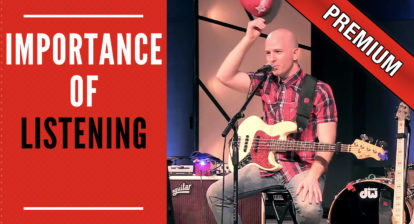

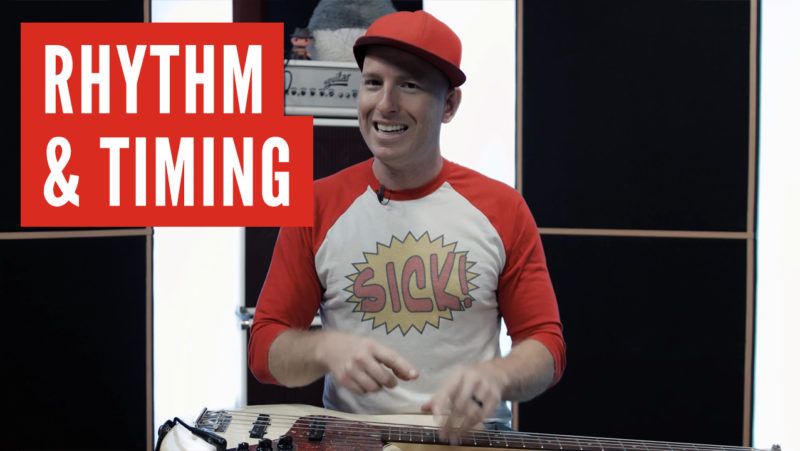
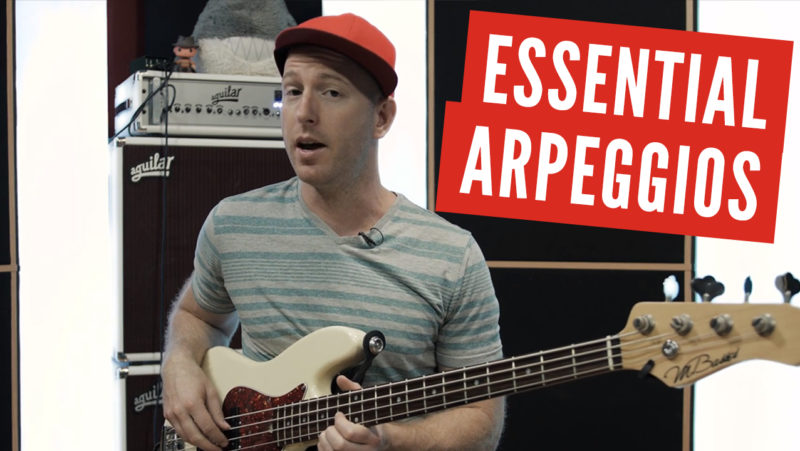
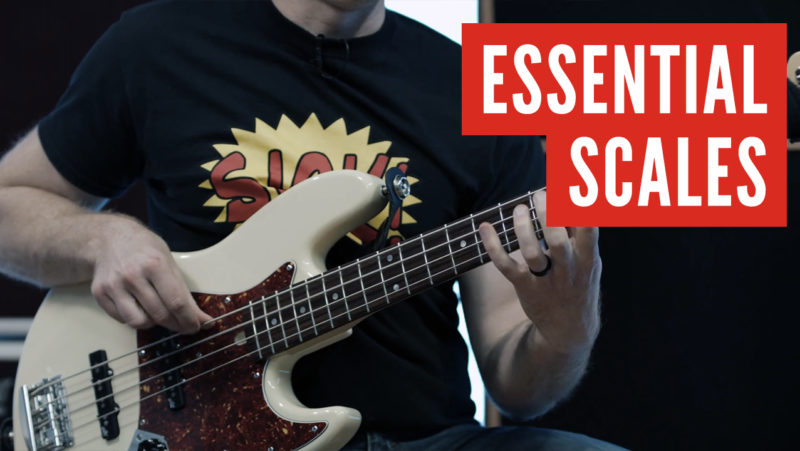
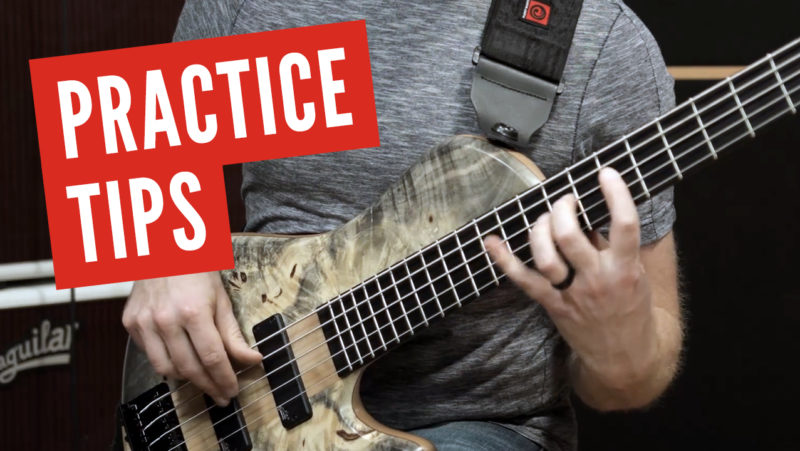
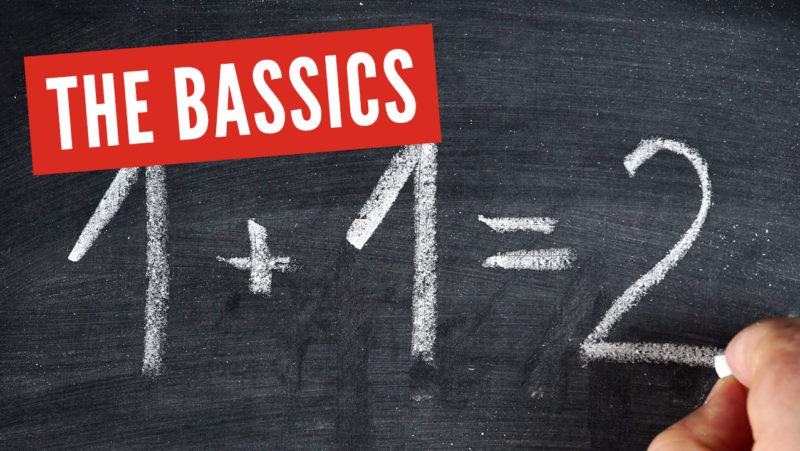
BPA
Are you telling me I need to listen to country music, Jayme? *teeters on the ledge*
Jayme
Haha, your words not mine 🙂
Honestly tho, and I say this truthfully, that I’ve learned more from studying country music (and have gotten more gigs and coin because of it) than I have from any other genre of music. It’s the most practical, most genre-crossing, crowd-pleasing, age-appropriate and geographically accepted music out there. It would do bass players well to dive in head first 🙂